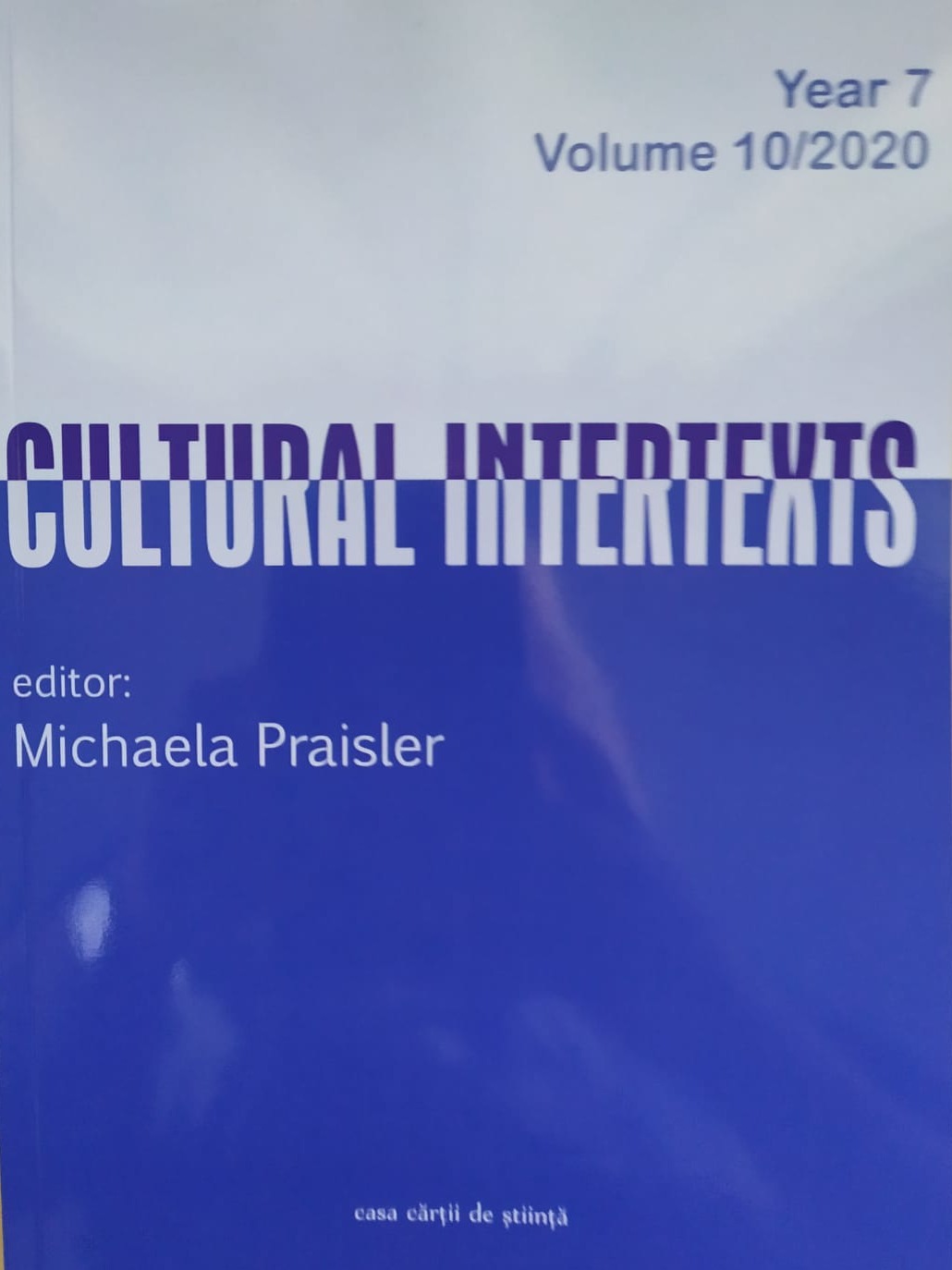Disappearance of the Self and Its Constitutive Outside in Kafka and Woody Allen's Zelig
Disappearance of the Self and Its Constitutive Outside in Kafka and Woody Allen's Zelig
Author(s): Lukas MozdeikaSubject(s): Language and Literature Studies, Literary Texts, Fine Arts / Performing Arts, Fiction, Novel, Comparative Study of Literature, German Literature, Film / Cinema / Cinematography
Published by: Editura Casa Cărții de Știință
Keywords: Franz Kafka; Woody Allen; Zelig; the Metamorphosis; roaring twenties; social ontology;
Summary/Abstract: Although parallels between Kafka’s hybrid characters and Woody Allen’s Leonard Zelig have been noted in literature studies (Bruce 1998), the underlying interpretative synergy is not exhausted and occasions a revisit, timely in light of the social tensions of the century-later-present. Juxtaposing counterfactual history with actual highbrow commentary in quasi- or mockumentary film genre allows Woody Allen to transpose Kafka’s grotesque into American realm of the 20s and thus Americanize it. The contention of this article is to suggest that Leonard Zelig, a changing man, is a derivative of Kafka’s characters, primarily cat-lamb in Hybrid, but Allen’s postmodern visual language in Zelig radically alters their inner metamorphoses and hybridity serving as a social critique, if only seen through triviality of its humour. Interpreting Zelig alongside Kafka’s Metamorphosis and Hybrid, we can trace genealogy of themes of anti-Semitism, racism and fascism resolve into contradiction of individualism versus petit-bourgeois mass culture marked by commercialization, commodification and assimilation, features that still define our present. The takeaway may be phrased in terms of a constitutive outside. That is, Leonard Zelig, the omnipresent-self, renders certain truth about society predefined by the cult of individualism by re-constituting his lack of individuality as inherently social phenomenon—constitutive outside, and thus disturbing it. In an ironic twist then, Zelig, released around the time of Margaret Thatcher’s famous denial of society, can be read as a structuring-absence revealing fiction, that of a non-existent society.
Journal: Cultural Intertexts
- Issue Year: 10/2020
- Issue No: 10
- Page Range: 46-56
- Page Count: 11
- Language: English

